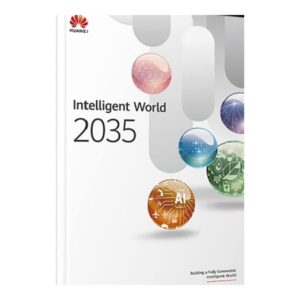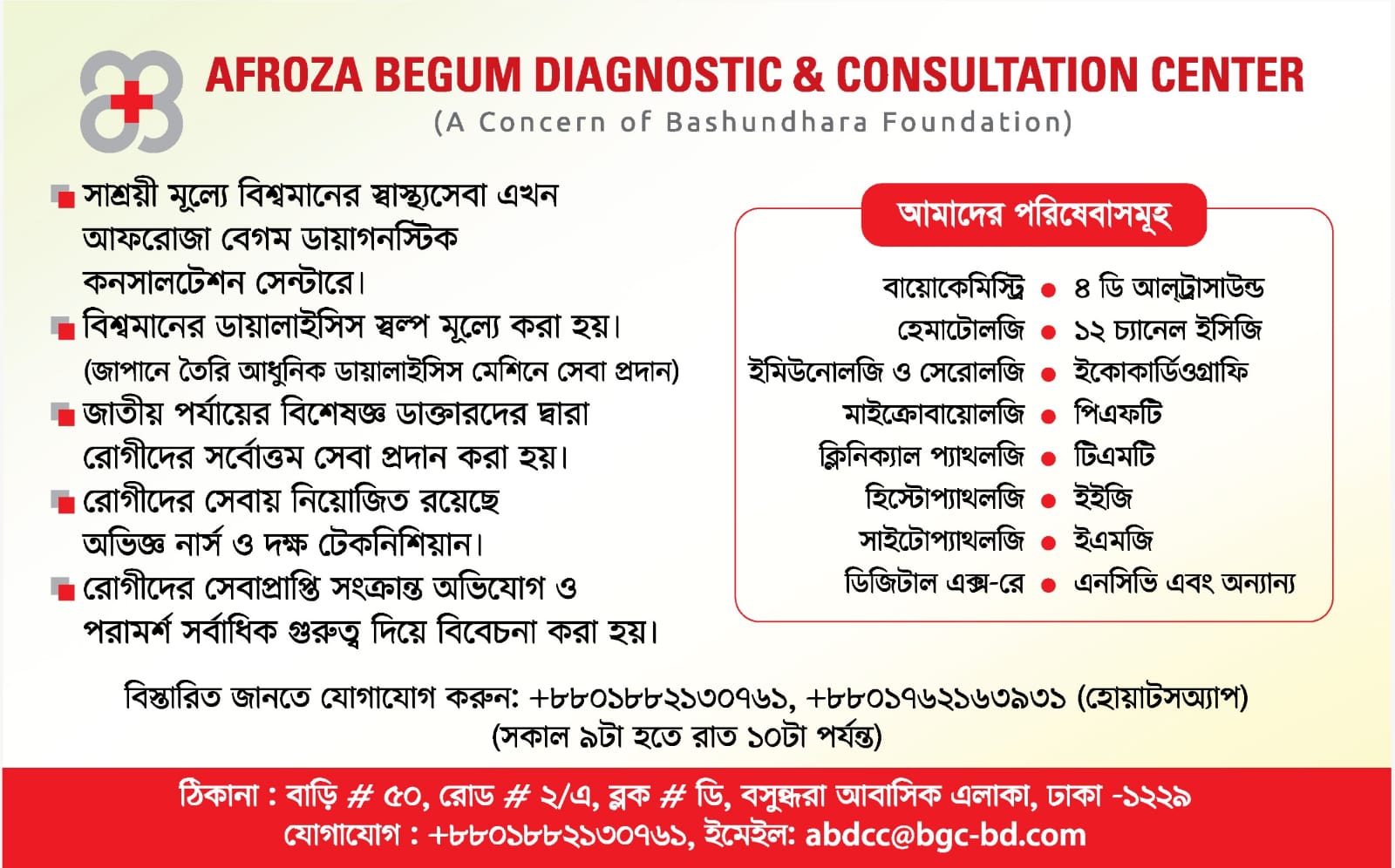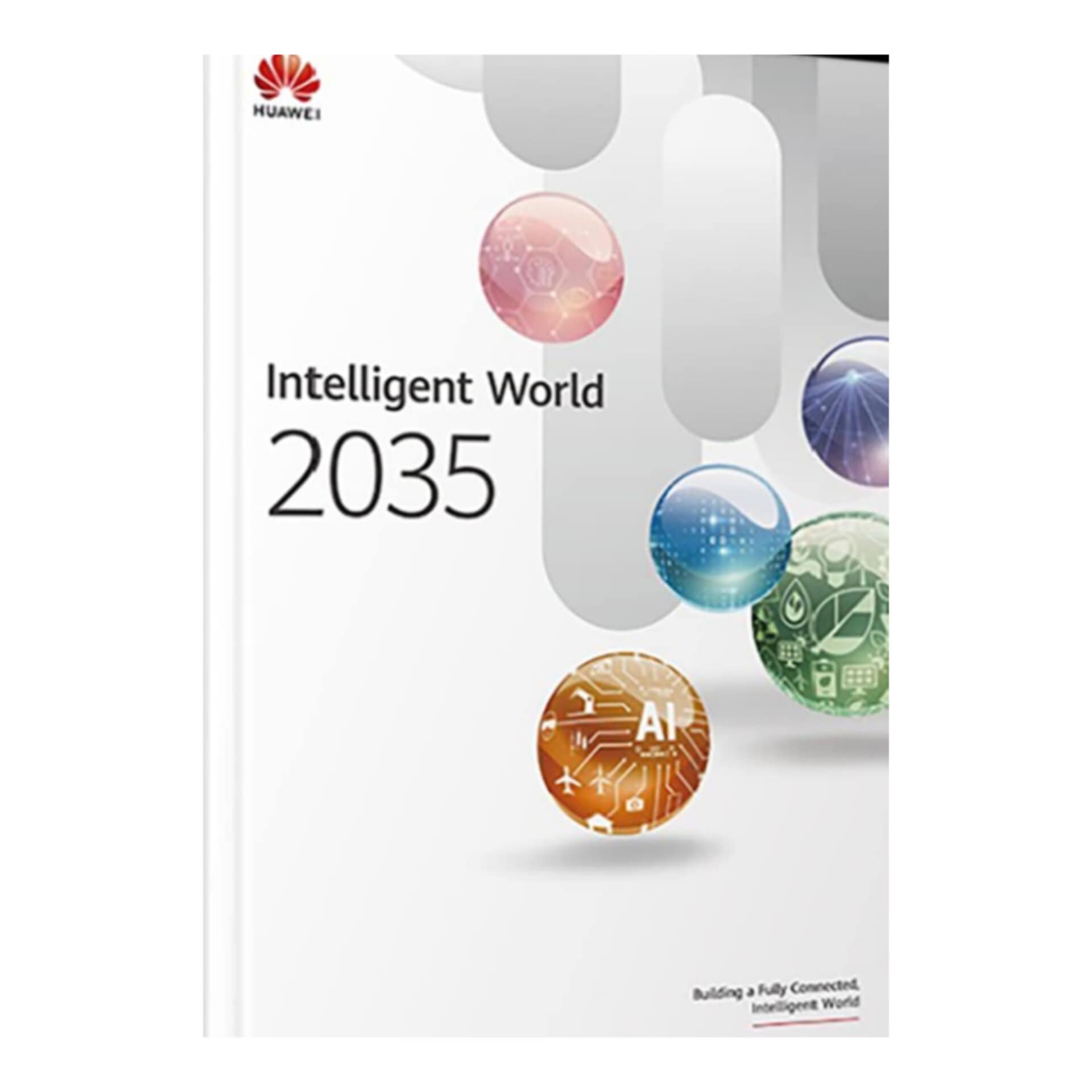
Staff Reporter : Huawei released two new white papers called the Intelligent World 2035 Report and Global Digitalization and Intelligence Index 2025 Report. The reports include descriptions of key megatrends in technology that will likely occur over the next 10 years, and the impact they and other emerging technologies will have on multiple industries, including education, healthcare, finance, manufacturing, and electric power.

Huawei’s Executive Director of the Board David Wang said, “Every leap forward in civilization has been paired with technological exploration. The drive to explore is a core part of human nature. It encourages us to push the boundaries of knowledge and technology. And today, it is leading us toward a more intelligent world. Generative AI is opening up possibilities that we couldn’t imagine before. So, we must continue looking towards the future and build new scientific visions and assumptions.”
Over the past two years, Huawei’s research team hosted over 200 workshops, discussed in-depth with over 100 experts, scholars, customers, and partners from around the world to create the Intelligent World 2035 report. The report, referencing data and methodologies from trusted sources like the United Nations and the World Economic Forum, describes 10 tech megatrends that Huawei believes will guide intelligent transformation over the next decade.

Megatrend 1: Artificial General Intelligence (AGI) will be the largest driver of transformation. Integrating AI with the physical is essential to achieve AGI, which will lead to a technological singularity.

Megatrend 2: As large models grow, AI agents will transform from simple execution tools into decision-making partners and drive revolutionary changes across industries.
Megatrend 3: Human-AI programming will reshape software development, allowing people to focus more on top-level designs and creative thinking, while AI efficiently handles repetitive coding tasks.
Megatrend 4: Human-computer interaction will move from graphical user interfaces to natural language systems and multimodal user interfaces that deliver full sensory experiences. These interfaces will allow users to interact with the digital world through voice commands, gestures, and more.
Megatrend 5: Mobile apps will transition away from being isolated function units and become service nodes driven by AI agents. This will allow AI agents to call on other services with only simple commands from users.
Megatrend 6: Breakthroughs in critical technologies like world models will enable the development Level 4 or higher-level autonomous vehicles that will serve as a mobile third space.
Megatrend 7: Global computing capacity will increase 100,000-fold by 2035 by moving beyond the von Neumann architecture. This will reshape the entire computing ecosystem as ground-breaking innovations are made in four key areas: semiconductor materials and devices, process techniques, computing architectures, and computing paradigms.
Megatrend 8: Agentic AI will drive paradigm shifts in data storage, as AI storage demand will increase by 500 times over what it is in 2025, and will eventually account for more than 70% of global total storage.
Megatrend 9: Nine billion people will become connected to 900 billion agents, driving the evolution of the mobile Internet into an agentic Internet.
Megatrend 10: Global data centers are expected to consume about 1.5 trillion kWh of electricity by 2035, which means energy demand will hinder rapid growth until AI is fully incorporated into the core of new energy systems. With this change, wind and solar will account for 50% of the global energy mix by 2035.
The Intelligent World 2035 report also provides snapshots of how Huawei predicts AI will be seen in daily life, homes, businesses, and the environment by 2035. It claims that AI will help prevent over 80% of chronic diseases by turning passive health monitoring into proactive prevention, and that over 90% of homes in China will have intelligent robots.
Huawei worked with experts in economics, social sciences, and ICT to upgrade its previous Global Digitalization Index (GDI) which measured the maturity of different countries’ ICT industries. This new Global Digitalization and Intelligence Index (GDII) factors in a number of new economic developments to provide a more comprehensive view of how the digital economy can be leveraged to benefit from AI.
Further details about the reports are available at https://www.huawei.com/en/intelligent-world.
About Huawei&Huawei Bangladesh : Huawei is a leading global provider of information and communications technology (ICT), telecommunication infrastructure and services, and smart devices. Huawei aims to bring digital to every person, home, and organization for a fully connected, intelligent world.
For more than 27 years in Bangladesh, Huawei has been facilitating the telco industry with 3G, 4G & 5G technologies, providing Huawei Cloud Solutions, Digital Power solutions, mobile financial services, and accelerated ICT inclusion in almost every sector. It also has been very sincere in maintaining corporate social responsibilities especially talent development.
Being an instrumental family member of the ICT ecosystem and an enabler of the advanced Bangladesh journey, Huawei is always with this country to build a fully connected, intelligent Bangladesh, and the efforts will continue.

